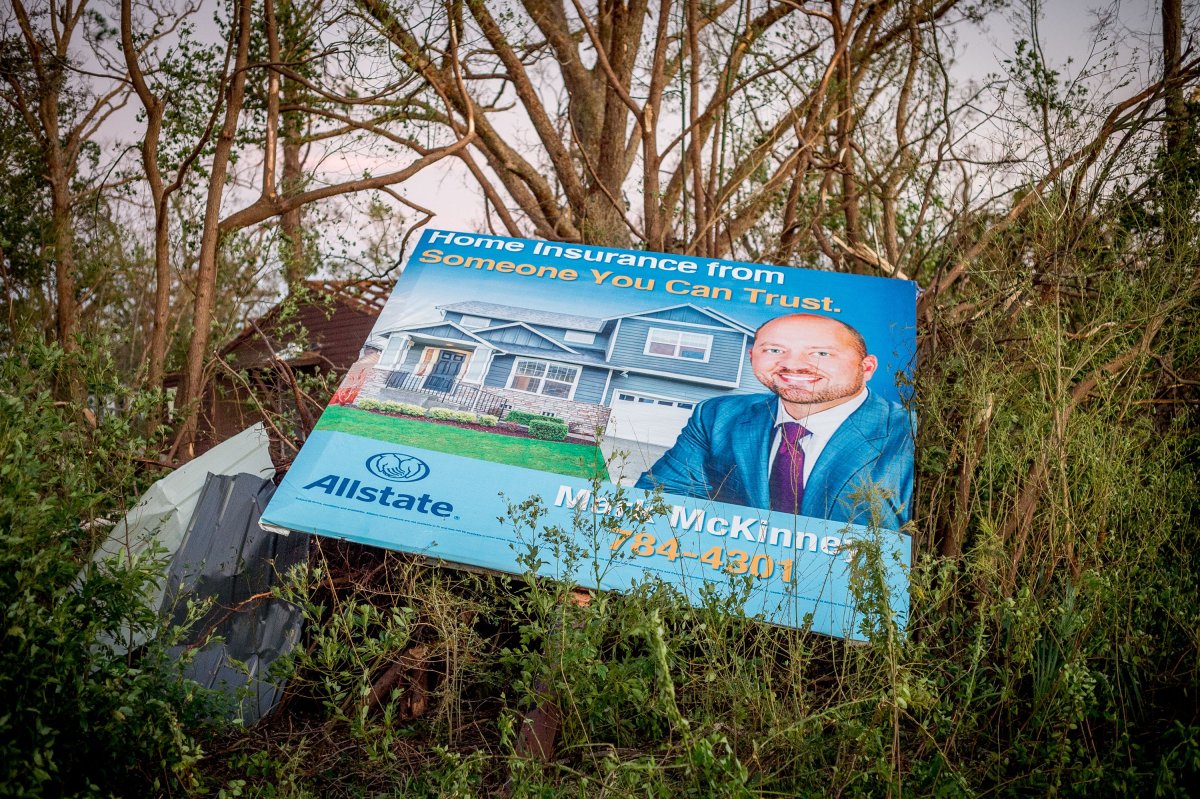Investor Kevin O’Leary, famous for starring on the television show Shark Tank, thinks artificial intelligence could transform the insurance industry at a time when costs have soared, especially for homes and cars.
Homeowners insurance has spiked by nearly 20 percent between 2021-2023, according to the platform Insurify, a company that operates as a digital insurance agent. They project an additional 6 percent rise by the end of this year with states most susceptible to climate change related disruptions being likely to be hit hardest. Meanwhile, full coverage for cars shot up 26 percent in the last year, according to Bankrate.
O’Leary warned that without relief, insurance costs for insurance are now becoming higher than the basic costs of running businesses.
“I am in the insurance industry, I am in the consumer goods industry, we are looking at this like a hawk cause, cause I have to buy insurance for my restaurants. Our costs are up higher than our food…or our labor. So, we want relief here,” he said in a recent interview with Fox News.
Newsweek contacted O’Leary for comment via his website on Thursday.

EMILY KASK/AFP via Getty Images
O’Leary complained that lawyers practice contingency litigation against insurance companies—where they take fees based on whether they win a case—and that contributes to the spike in insurance costs in the U.S.
“That’s policy that should change, so that if you lose you pay the legal cost,” O’Leary said.
The investor said that one thing that could help improve insurance marketplaces within just two years is the use of artificial intelligence.
“If there is one sector in our economy that can benefit from AI, this is probably one of the biggest,” O’Leary said. “There is so much investment going on, in trying to write policies from data to a micro level of your street address that it can bring some relief to people in the next 24 months.”
Experts suggest that AI could help insurance companies better manage costs, such as automate things like data or underwriting of claims, that will help make their operating processes more efficient.
“All of those things by using machine learning, AI, artificial intelligence, insurers will be able to reduce the costs, the expense that will allow them to potentially charge less premium for the product or at a minimum, keep premiums level,” Betsy Stella, a senior executive at Insurify, told Newsweek.
AI will also help in better assessing risks, Stella said, through the pooling of data that can help companied create better products for consumers.
“I think those are areas that when carriers can use AI to help them understand…data more quickly and maybe from different perspectives, it will help them price differently,” she told Newsweek.
The high cost of insurance is notable in states like Florida and California where some companies have said they have left those markets as costs soared. The Sunshine State, which has seen weather-related disruption increase over the last few years, has had to grapple with insurance costs that have shot up by more than a 100 percent.
This dynamic has had a reverberating effect in the state. High home insurance has in turn hit the housing market, where homeowners are struggling to sell their homes as buyers are reluctant to purchase property due to high coverage costs in a market that is already dealing with elevated home prices.
Insurify’s Stella said that the industry is experiencing some shifts. Auto insurers are having to learn how to price their products in an environment of changing behavior in the way that people drive, which AI can also assist in.
“Opportunities that come with AI like the connected devices…the shared data, those things will again help the understanding and, accelerate even, understanding of what driving behaviors are and how to price for those,” she told Newsweek.
The challenge in the homeowners insurance business is that changing weather patterns are not historical and may force companies to take a long-term approach when it comes to generating profit. Companies will have to make adjustments and become more innovative in the way they design their product offerings to consumers.
“We’re still a few quarters out from really seeing some some stability there,” Stella said.
Uncommon Knowledge
Newsweek is committed to challenging conventional wisdom and finding connections in the search for common ground.
Newsweek is committed to challenging conventional wisdom and finding connections in the search for common ground.



